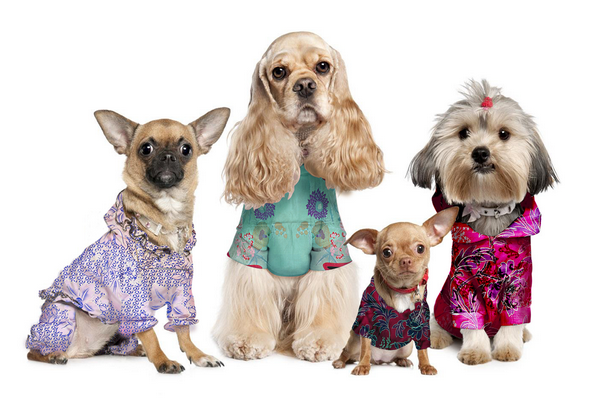 |
|
The museum has cultivated a variety of souvenirs, including costumes for pet dogs.[Photo provided to China Daily] |
Despite the new emphasis on cultural souvenirs, Wu from the Ministry of Culture says the protection of intellectual property will be a priority.
"Museum operators should work harder to protect their intellectual property when they open up to the market," say Wu.
Giving an example of violations, Shan from the Palace Museum says that while the museum published only 285,000 copies of its desk calendars in 2015, there were more than 1 million copies sold.
Separately, museums will be allowed to become shareholders in corporations using the intellectual property of their collections to develop cultural derivatives, says Wu.
"What we are doing now is to start something new," he adds.
"Of course, as more businesses interact with museums, it will create another problem: How to prevent total commercialization and make sure museums are still public institutions.
"New issues will arise but we will deal with them," he says.